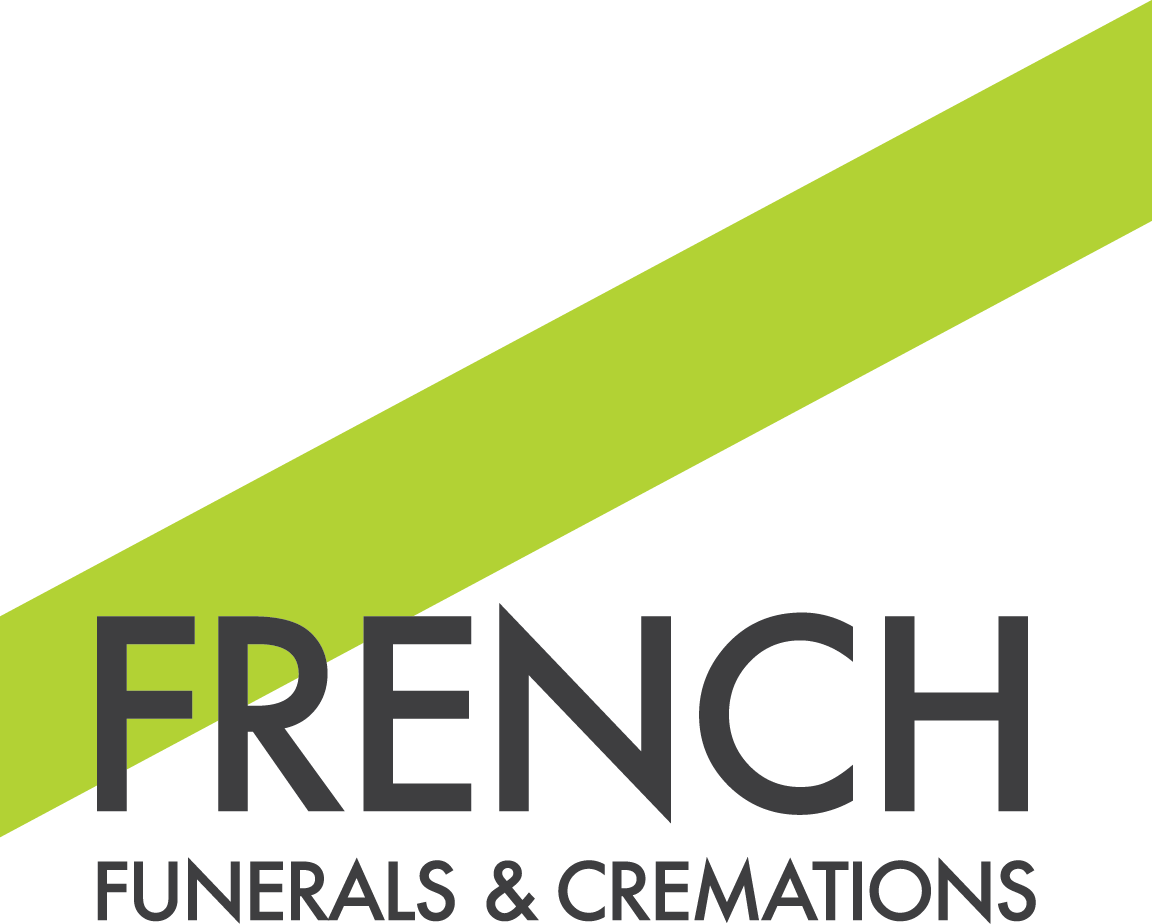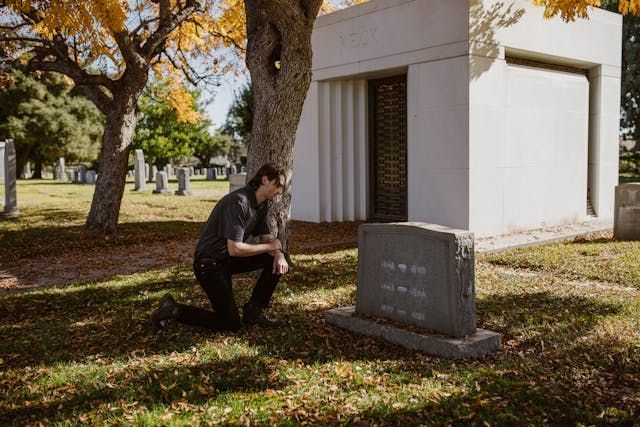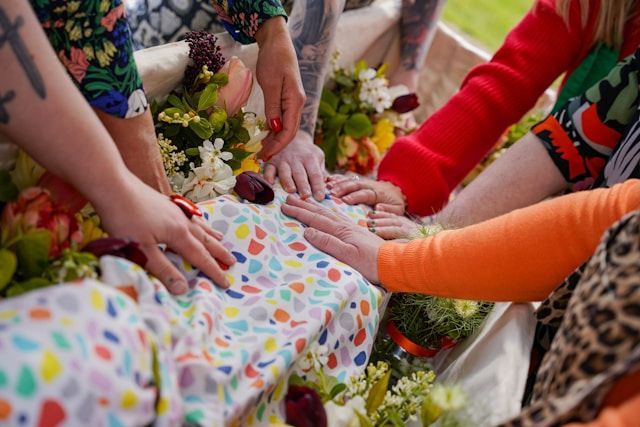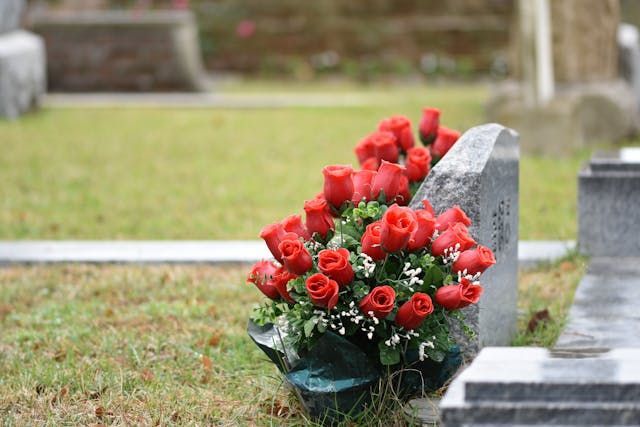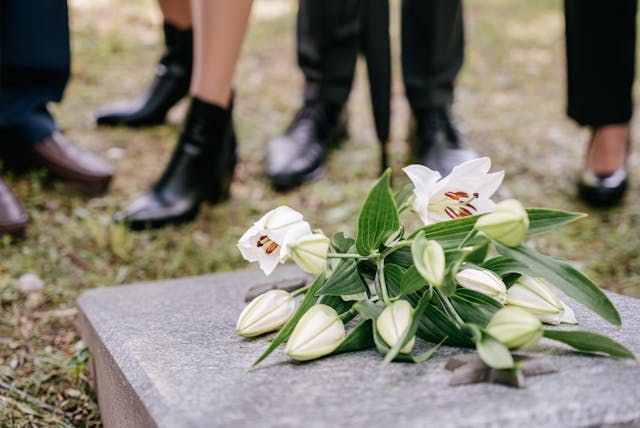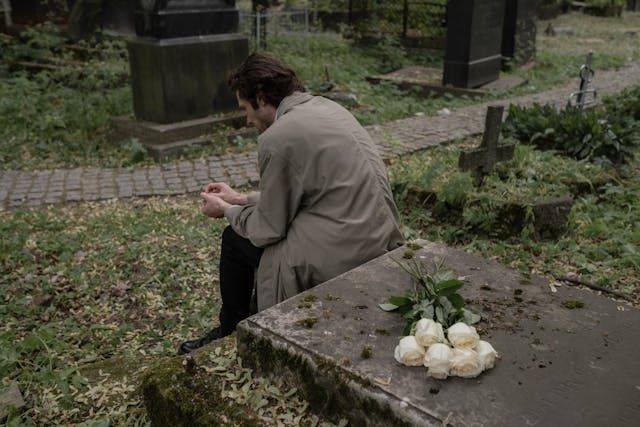Simple Cremation Isn’t Quite So Simple
August 1, 2023
Simple Cremation Isn’t Quite So Simple
Families and individuals choose cremation for a variety of reasons. A common belief is that it will be simpler and logistically easier than a traditional burial. This isn’t necessarily true.
If an individual explicitly states in a will or funeral preplanning document that they want their remains cremated upon their death, the process can be quite simple. However, many people have not drafted such a document, or if they have, have left those details out. Even for those who left clear directions in advance, cremation is a longer and more complex process than burial.
Cremation is strictly regulated. Laws regarding cremation exist to protect the individual and their family because of the irreversibility of the method of disposition. Cremated remains cannot be exhumed for examination in a criminal investigation or upon a family’s wishes. Therefore, there are many steps that must be taken before a cremation can occur.
Unlike burial, the legal next of kin must first authorize a cremation. Oftentimes, that means the spouse of the deceased. But if there is no living spouse, the decision falls to a majority of the living adult children. If parents are authorizing the cremation of a child, both legal parents or guardians must agree.
Deciding on cremation for a loved one doesn’t always result in disagreement. But with today’s unique family situations and relatives not always living in the same city, we witness an increasing number of disputes that make an already difficult time much harder to bear.
If mom or dad never talked about their final wishes or were unclear about them, siblings don’t always see eye to eye on what they believe their parents wanted. Estranged family members, blended families, divorces, next of kin living in other states or countries…each of these situations can all complicate the process, magnifying grief and delaying cremation, which in turn impedes the beginning of healing.
After authorization from the family has been completed, a death certificate needs to be signed and obtained from a physician. The physician has 48 hours (business days) to complete the death certificate upon receipt from the funeral director, who initiates and completes the first half.
The certificate must be presented to the Office of the Medical Investigator for review to ensure there are no questions surrounding the death. Then, a cremation permit from the state must be obtained. After the legal paperwork has been secured and signed, the cremation must be scheduled.
The time it takes from the death of a loved one until a family can receive their ashes varies based on the situations above. If there are little to no obstacles, a family typically receives remains in about a week from French. We work closely with families to make sure services are planned accordingly, and to help them handle any unexpected situations.
For many, cremation is a part of a beautiful sendoff for their loved one and the right choice for their families. Cremation allows families the flexibility to arrange services at a time that works best for them. Cremation is an option that can be combined with any other service French provides. By educating our community about the important considerations that accompany cremation, we can help them complete their wishes in a meaningful way, free of unexpected snags.
If you know you prefer to be cremated when the time comes, we recommend cremation preplanning long before that day. It can make a not-so-simple process a lot easier on the people you love.
Interested in learning more about preplanning cremation services? Find out more.
